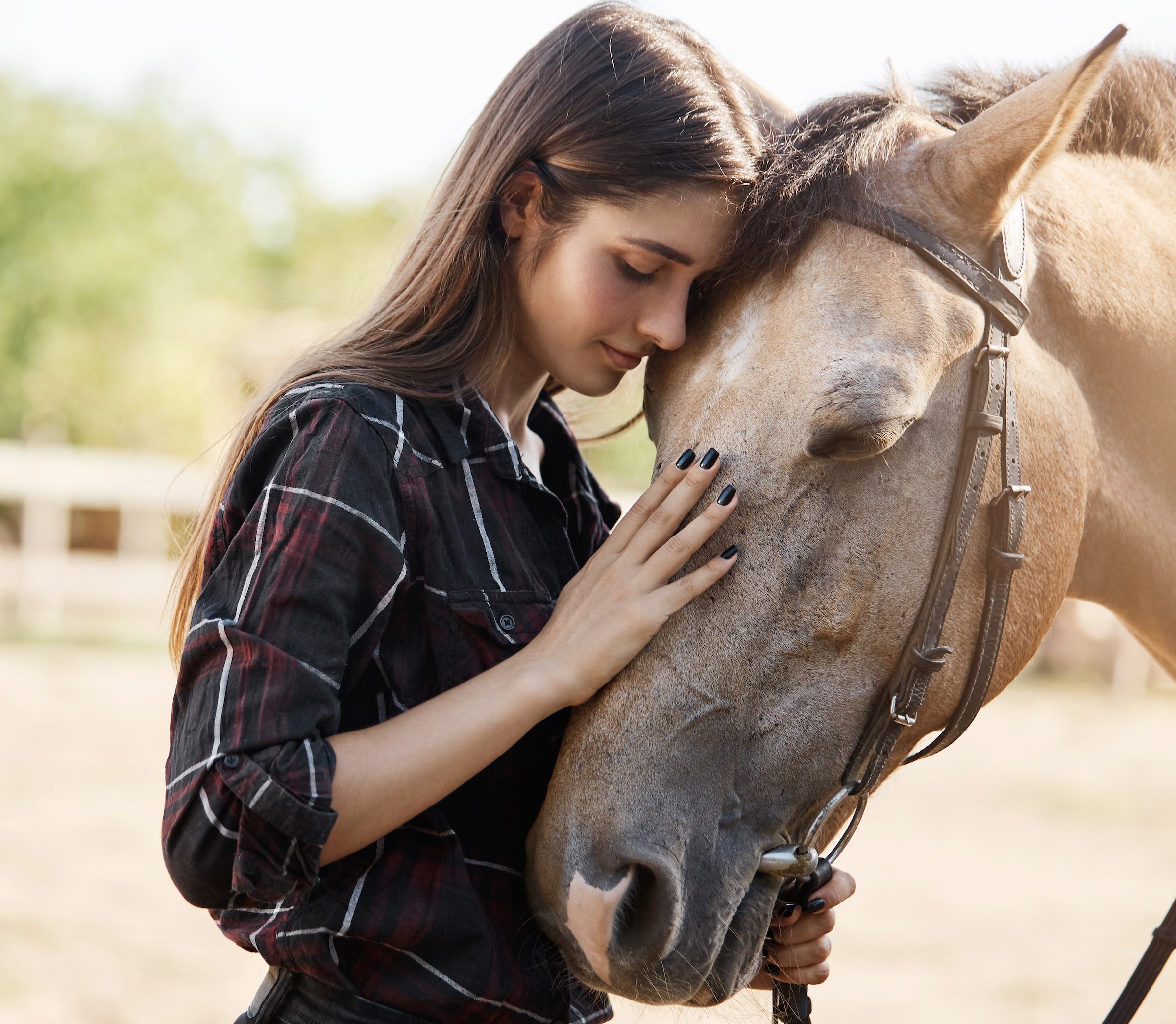
I don’t know about you, but when I think “tooth problem,” it makes me wince. From my own experience, few things get your attention more pointedly—or painfully—than a toothache.
So you’d think that if your horse were having a problem with one of his teeth, you’d notice it right away, correct?
Not necessarily. Dr. Jeff Hall, a senior equine technical services veterinarian with Zoetis, says owners can inadvertently overlook such pain, even though their horses are clearly “telling” them the pain is there.
He refers to a recent study published in the Journal of Equine Veterinary Science that established a link between common equine behavior problems and abscessed cheek teeth.
“According to the research,” he observes, “half of the cases of abscessed teeth were diagnosed during routine dental exams.” That means the horses’ owners hadn’t first reported a tooth problem. This indicates “they were unaware of the association between undesirable behavior patterns in their horses and dental pain.”
What are the types of behaviors that might indicate such pain or discomfort?
Some of them can be quite subtle, says Dr. Hall. These include a decline in athletic ability and avoiding social interaction with other horses and people.
Other signs might get your attention more quickly, but you may mistakenly attribute them to training issues rather than their true cause, dental discomfort.
These behaviors include evading the bit, headshaking, lolling the tongue or opening the mouth while ridden, rein contact that’s worse on one side of the mouth, and resistance to bridling.
Around-the-barn indications of tooth problems include eating slowly or taking frequent pauses, turning the head while eating or dropping hay or grain from the mouth, and avoiding drinking cold water.
“If your horse is expressing any of these behavioral signs, work with your equine veterinarian to conduct an oral and dental examination,” Dr. Hall recommends. And, depending on your horse’s age, level of performance, and the overall condition of his teeth, “additional examinations throughout the year may be needed.”
From his mouth to your horse’s—good advice! ###






